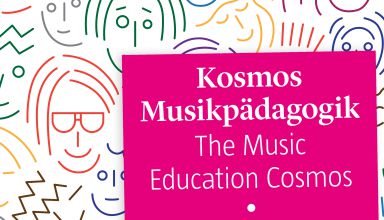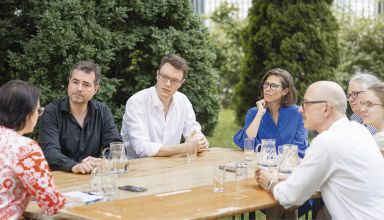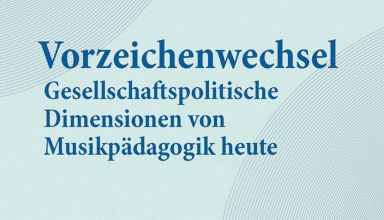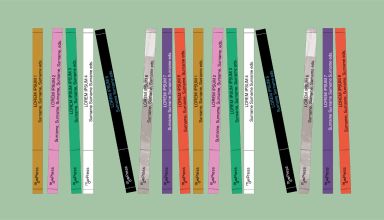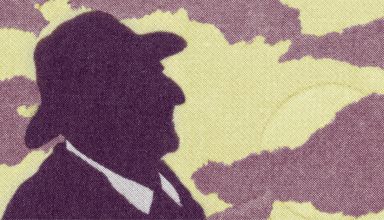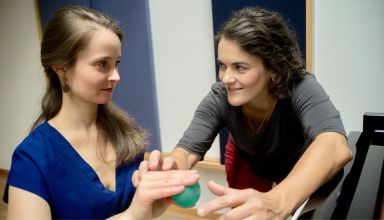Special: The Music Education Cosmos
Music education is far more than “just” music class at school; it’s much rather a realm of complex interplay between art, pedagogy, and scientific and scholarly pursuits. This is borne out by the diverse opportunities for related study at the mdw, the numerous areas in which graduates and faculty are active, and a wide variety of educational and research projects.

